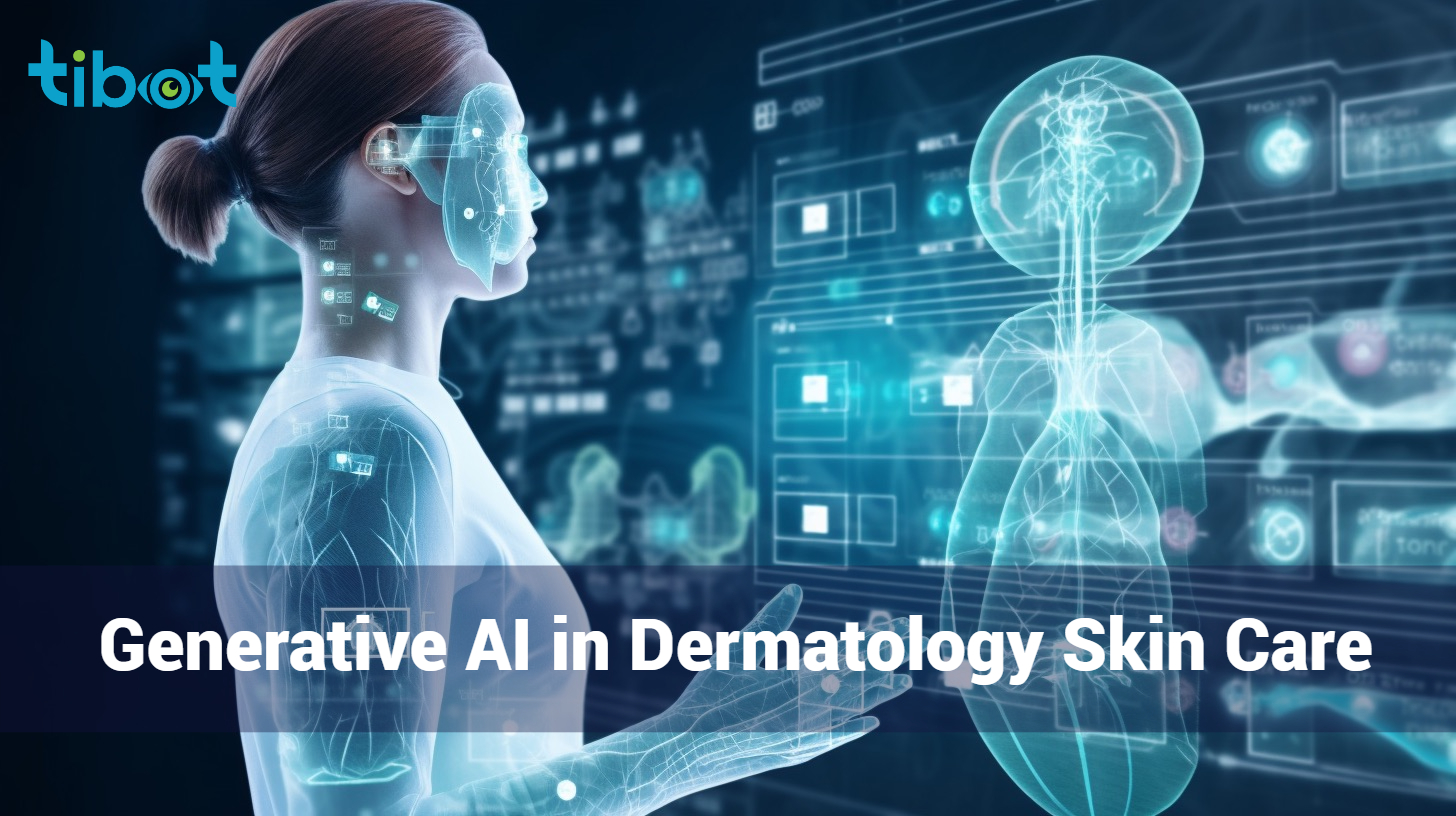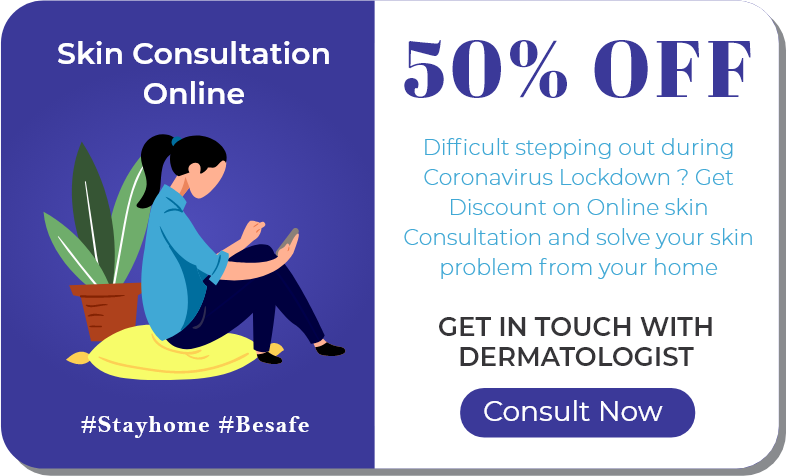Evolution of AI in Dermatology:
Early Stages: Initially, AI in Dermatology primarily focused on image analysis and pattern recognition. Machine learning algorithms were trained to identify skin lesions or conditions by analyzing images, assisting dermatologists in diagnosing diseases.
Advancements in Deep Learning: With advancements in deep learning techniques, especially convolutional neural networks (CNNs), AI models gained the ability to process and analyze vast amounts of dermatological data with remarkable accuracy. This marked a significant leap in diagnosing skin diseases, including melanoma and other forms of skin cancer.
Generative AI and Personalization: The emergence of Generative AI has furthered the capabilities of AI in Dermatology. Generative models can create synthetic images or data, aiding in generating diverse datasets for training AI models. Additionally, AI’s ability to personalize treatment plans based on individual patient data has been a substantial advancement.
Impact of AI in Dermatology:
Enhanced Diagnostics: AI-driven systems have shown high accuracy rates in diagnosing skin conditions. These systems can assist dermatologists in identifying various skin lesions, moles, rashes, or diseases with precision, sometimes rivaling or surpassing human diagnostic accuracy.
Efficiency and Timeliness: AI technologies expedite the diagnostic process, enabling quicker and more efficient evaluations. This rapid analysis facilitates early detection and timely treatment initiation, crucial in improving patient outcomes.
Personalized Treatment Plans: AI helps in creating personalized treatment plans by analyzing a patient’s unique data, including genetic information and medical history. This tailored approach optimizes treatment efficacy, leading to better results and patient satisfaction.
Research Advancements: AI supports Dermatology research by analyzing extensive datasets, contributing to the development of new treatments, drug discoveries, and innovative therapies for various skin-related conditions.
In summary, the evolution of AI in Dermatology, from image analysis to deep learning and Generative AI, has had a profound impact on improving diagnostic accuracy, treatment personalization, research, and the overall efficiency of Dermatology practices, offering promising prospects for the future of skincare and patient care.
Understanding Dermatology Skin Care
Understanding Dermatology Skin Care involves comprehending the fundamental principles, practices, and strategies aimed at maintaining healthy skin and addressing various skin concerns. Here’s an overview:
Core Principles of Dermatology Skin Care:
1. Cleansing: Proper cleansing is essential to remove dirt, pollutants, and excess oil without stripping away essential moisture. Using gentle, pH-balanced cleansers suitable for specific skin types is crucial.
2. Moisturizing: Moisturizers help maintain the skin’s hydration levels, preventing dryness and maintaining skin elasticity. Choosing moisturizers tailored to individual skin needs, whether oily, dry, sensitive, or combination skin, is vital.
3. Sun Protection: Protecting the skin from harmful UV rays is paramount. Using sunscreen with broad-spectrum protection, SPF 30 or higher, and reapplying it throughout the day helps prevent sun damage and premature aging.
4. Skincare Routine: Establishing a consistent skincare routine tailored to individual skin concerns, such as acne, aging, pigmentation, or sensitivity, is essential. This includes using suitable cleansers, exfoliants, serums, and treatments.
5. Healthy Lifestyle: Lifestyle factors like a balanced diet, adequate hydration, regular exercise, and stress management significantly impact skin health. Nutrient-rich diets and proper hydration contribute to healthy, glowing skin.
6. Consulting Professionals: Seeking guidance from dermatologists or skincare specialists for personalized advice, treatments, or recommendations tailored to specific skin issues is crucial for effective skincare.
Addressing Individual Skin Concerns:
Acne: Addressing acne involves gentle cleansing, topical treatments like benzoyl peroxide or salicylic acid, and avoiding pore-clogging products.
Aging: Targeting aging concerns includes using products with anti-aging ingredients like retinoids, antioxidants, and incorporating sun protection to prevent further damage.
Sensitive Skin: Sensitive skin care focuses on using gentle, fragrance-free products to prevent irritation and inflammation.
Hyperpigmentation: Treating hyperpigmentation involves exfoliation, using skin-brightening agents like vitamin C, and consistent sun protection to prevent further discoloration.
Understanding Dermatology Skin Care encompasses a holistic approach that combines proper skincare practices, addressing specific skin concerns, and adopting a healthy lifestyle to achieve and maintain healthy, radiant skin. Individualized care based on skin type and concerns forms the cornerstone of an effective skincare regimen.
The future trends involving Generative AI in Dermatology Skin Care are promising, indicating advancements that will redefine skincare practices. Here are some potential developments:
Predictive Analysis for Skin Health:
Early Disease Detection: Generative AI models may evolve to predict skin conditions even before physical symptoms manifest. This early detection could aid in preventing or managing various skin diseases more effectively.
Personalized Skincare: AI-driven systems could delve deeper into personalization, analyzing genetic data, lifestyle factors, and environmental influences to offer highly tailored skincare recommendations for individual needs.
Enhanced Diagnosis and Treatment:
Improved Diagnostic Accuracy: Future Generative AI models might exhibit even greater accuracy in diagnosing complex skin conditions, assisting dermatologists with more precise and reliable diagnoses.
Treatment Advancements: Generative AI could contribute to the development of innovative treatment modalities, aiding in the creation of personalized therapies and medications for specific skin concerns.
Virtual Dermatology Consultations:
Tele-Dermatology Evolution: Generative AI’s future could see the enhancement of tele-dermatology services. Virtual consultations may become more comprehensive, providing real-time analyses and recommendations.
AI-Powered Dermatology Apps: Advanced AI-driven mobile applications might offer users detailed skin assessments, enabling self-diagnosis and personalized skincare routines from the comfort of their homes.
AI-Integrated Skincare Products:
AI-Powered Skincare Devices: Generative AI could be integrated into wearable or handheld devices that analyze skin conditions in real-time, suggesting optimal skincare product usage and routines.
Smart Skincare Gadgets: AI may influence the development of smart gadgets, such as mirrors or cameras, equipped with Generative AI technology to evaluate skin health and recommend suitable treatments.
Ethical Considerations and Regulations:
Ethical Usage: With advanced AI capabilities, ethical considerations will be crucial, ensuring responsible use of Generative AI to protect user data privacy and maintain ethical standards in Dermatology.
Regulatory Frameworks: Regulatory bodies might establish specific guidelines and regulations to govern the use of Generative AI in Dermatology, ensuring its safe and ethical implementation.
The future of Generative AI in Dermatology Skin Care holds tremendous potential to revolutionize skincare practices, offering more personalized, efficient, and accessible solutions for addressing various skin concerns while prioritizing patient care and data ethics.
Expert Tips for Generative AI-Enhanced Skincare Routine






